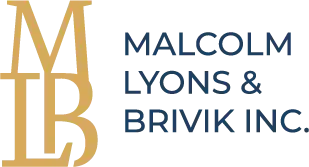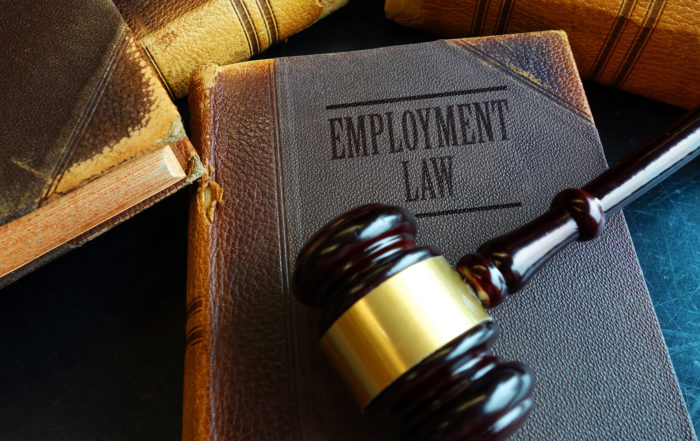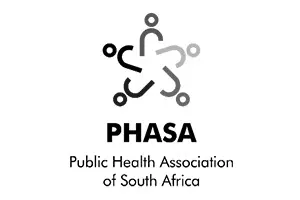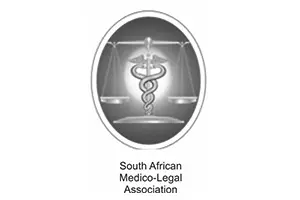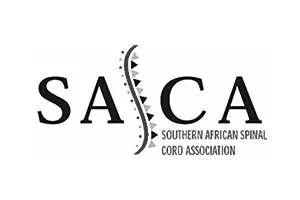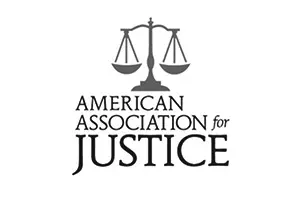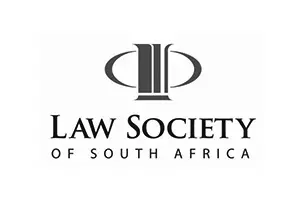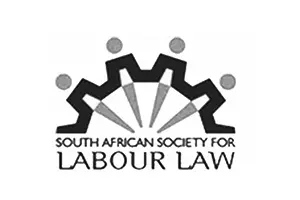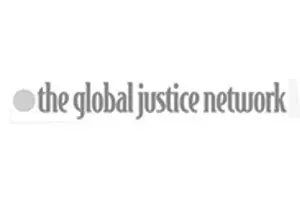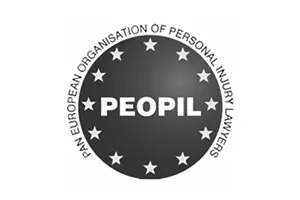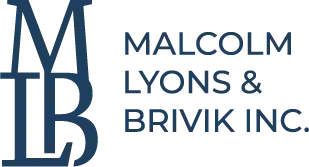
Sexual harassment – Your rights in the workplace
“Sexual harassment is the most heinous misconduct that plagues a workplace; not only is it demeaning to the victim, it undermines the dignity, integrity and self-worth of the employee harassed. The harshness of the wrong is compounded when the victim suffers it at the hands of his/her supervisor. Sexual harassment goes to the root of one’s being and must therefore be viewed from the point of view of a victim: how does he/she perceive it, and whether or not the perception is reasonable.”
This is one of the most famous quotations from the highly praised 2011 judgement by Waglay DJP in the matter of Motsamai v Everite Building Products – a seminal case regarding sexual harassment in the workplace.
Defined as “unwelcome acts or behaviour of a sexual nature that infringes on the dignity of another”, it is the victim’s perception and experience of the conduct that is determinative of whether sexual harassment has taken place, not the intention of the harasser. Furthermore, while sexual harassment often takes the form of a pattern of behaviour or repeated incidents, a single act is sufficient to constitute sexual harassment. In layman’s terms, sexual harassment negatively affects equity and a victim’s sense of safety in the workplace. It is unacceptable, demeaning and demoralising and has no place in modern society, let alone workplaces.
In terms of Section (6) of the Employment Equity Act 55 of 1998, –
“(1) No person may unfairly discriminate, directly or indirectly, against an employee, in any employment policy or practise, on one or more grounds, including race, gender, sex, pregnancy, marital status, family responsibility, ethnic or social origin, colour, sexual orientation, age, disability, religion, HIV status, conscience, belief, political opinion, culture, language and birth…..
(3) Harassment of an employee is a form of unfair discrimination and is prohibited on any one, or a combination of grounds of unfair discrimination listed in subsection (1).”
While S6 of the Employment Equity Act gives effect to the right to equality and non-discrimination enshrined in Section 9 of the South African Constitution, it is further important to note that sexual harassment also violates a victim’s constitutional rights to human dignity, freedom and security of the person, fair labour practices and a safe environment. Thus, these acts have a far-reaching effect in terms of the violation of human rights.
In addition to the above, the Code of Good Practice on the Handling of Sexual Harassment Cases in the Workplace provides important guidance in the hope of eliminating sexual harassment in the workplace.
When viewing these acts from a litigious standpoint, there are various remedies that victims can seek when subjected to such acts. The common position is that grievances should be lodged, where possible, to address these issues, and only if the employer fails to give proper or timeous attention thereto, may an aggrieved employee pursue either an unfair labour practice or an automatically unfair constructive dismissal claim – depending on the desired result.
In the recent case of PE v Dr Beyers Naude Local Municipality and Another, the Plaintiff was sexually assaulted and harassed by her supervisor. Due to the trauma arising from the indecent assault coupled with the employer’s mishandling of the matter, the plaintiff’s working circumstances became intolerable – which, in turn, led her to resign from her employment. The Court ordered that the First and Second Defendant be jointly and severally liable to pay the Plaintiff an amount of R4 million in damages – most of which was for past and future loss of earnings.
Marco van der Walt (Author)
Candidate Attorney at Malcolm Lyons and Brivik Attorneys Inc.
Malcolm Lyons and Brivik Attorneys are leading experts in the field of labour law in South Africa. To discuss whether you have a case, contact our offices below:
Telephone:
Cape Town Office:
Telephone: +27(0) 21 425-5570
E-mail: Cape.office@lyonsbriviklaw.com
Johannesburg Office:
Telephone: +27(0) 11 268 6697
Email: Jhb.office@lyonsbriviklaw.com
Contact form:
The current position on objections to the con/arb process
Con/arb process - The Commission for Conciliation, Mediation[...]
Out of time? Think again – The CCMA and its rules
By Lara Keil (Candidate Legal Practitioner) under the[...]
RAF’s lodgement requirements: Claimants further prejudiced
By Lara Keil (Candidate Legal Practitioner) under[...]
